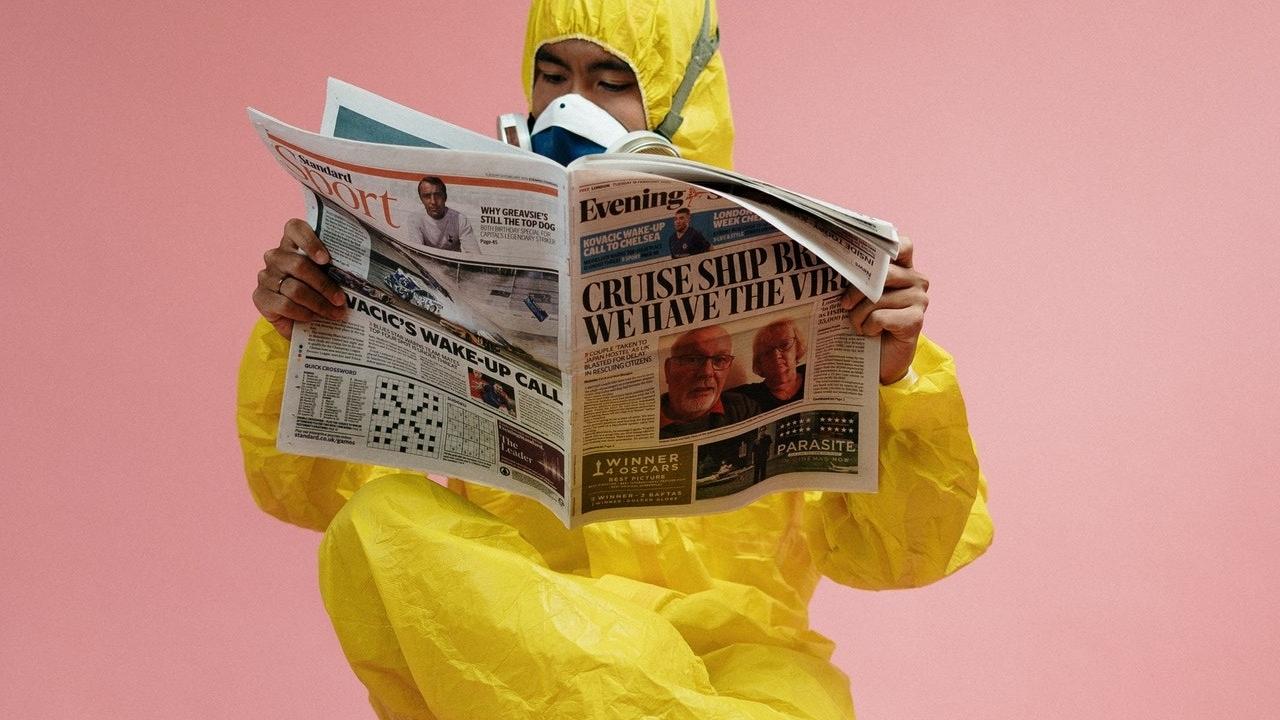When the words around us affect the way we feel.

In 2014 I was introduced to a book with a brilliant premise. Look Who’s Back by Timur Vermes is the story of Adolf Hitler awakening in 2011 (in full regalia) and with confusion on many people’s parts, inadvertently becomes a modern day satirical TV star.
The part I was most surprised about, is that the book was written in German by a German author. References to war and Hitler in Germany are not dissimilar to the “he who shall not be named” references in the Harry Potter franchise, a country where it remains a criminal offence to give a Nazi salute.
It’s not surprising then, to read that the vernacular around the pandemic in Germany has been vastly different to that in the UK.
Our own leadership has been likened to Churchill’s rhetoric during wartime Britain. We’ve been subjected to plenty of war analogies and metaphors with the likely intent of creating enough fear within us to force us into taking lockdown very seriously.
By contrast, Germany has typically avoided war metaphors in its communication with the public. In the UK we’ve seen the pandemic and its effect described as a battle, in Germany it has been described as a great challenge.
The words we choose have a powerful and lasting effect. They can incite immediate fear, or mediate fear with assurance.
How does the use of language and rhetoric in the media affect our own psychological response and sense of wellbeing at this time? And how can we learn to choose our words to encourage a better response from the people we interact with?
This article from Psychology Today describes a study on news negativity, reporting that participants exposed to consistently negative news reported significantly more anxiety and sadness than those exposed to good news stories, such as illness recovery and lottery winners.
In itself this isn’t surprising, however this group displayed an additional effect, catastrophizing. The negative news group spent more time thinking and worrying about their worries than the other group subsequent to their news viewing.
When our collective worry is a global health pandemic, it’s certainly not a minor concern. Turning away from the news is also tricky to do. We need to remain informed about how we are expected to behave. If you want to know how to limit your social media and news consumption, check out the recent podcast with Dr Katherine Hickman.
It will be interesting to see how the future versions of ourselves remember this time and if countries like Germany that employed ‘rise to the challenge’ language, versus the UK’s ‘battle the invisible enemy’ look back with a lesser or greater sense of hope and resilience during that time?
It’s not often that we pause to reflect on our regular vocabulary - usually only when we’re preparing a presentation or if someone points out a quirk of our speech. There are ways you can self check your inner monologue - this article offers some great starting points.
The next Shapes webinar is also a great place to understand more about the power of how we are speaking to ourselves. NLP Practitioner Becky Balzano joins Shapes Founder Rachel Morris to present “How to support your team through the COVID crisis without feeling paralysed by fear, stress or indecision.”
You can reserve an early spot now for the webinar, hosted on June 17th at 1pm here.

